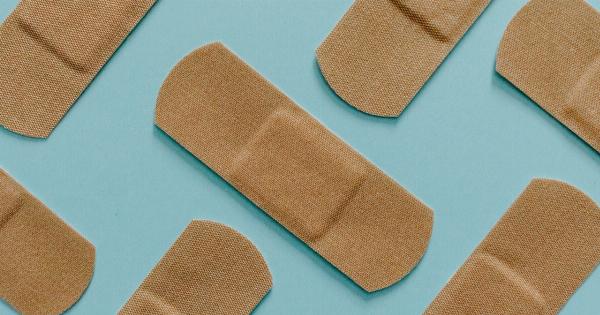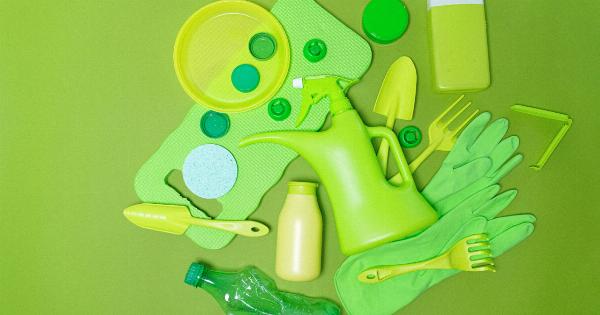Neonatal teeth, also known as natal teeth, are teeth that appear in a baby’s mouth within the first month of life. While these teeth can be a source of joy for parents, they can also lead to discomfort for the baby.
Neonatal teeth are rare, occurring in about 1 in every 2,000 to 3,000 live births. Although these teeth can be concerning, there are ways to manage the discomfort they may cause.
Understanding Neonatal Teeth
Neonatal teeth can be defined as teeth that are present at birth or that appear within the first 30 days of life. Typically, a baby’s first tooth will appear around six months of age.
When neonatal teeth emerge, they can be a concern for parents and healthcare professionals. There are a few different types of neonatal teeth:.
- Natal teeth: Teeth that are present at birth.
- Lobulated neonatal teeth: Teeth that have an abnormal shape. These teeth may be pointy or have a groove.
- Erupted neonatal teeth: Teeth that appear within the first 30 days of life.
Why Do Neonatal Teeth Occur?
While the cause of neonatal teeth isn’t entirely clear, there are some factors that may contribute:.
- Genetics: Some studies suggest that there may be a genetic link to neonatal teeth. If a parent or other family member had neonatal teeth, it’s possible that a baby may inherit this trait.
- Hormones: Some hormones in the mother’s body may trigger the early eruption of a baby’s teeth.
- Infections: Certain infections in the mother or baby may contribute to neonatal teeth.
The Discomfort of Neonatal Teeth
Neonatal teeth can cause discomfort for babies, particularly when feeding or during breastfeeding. The sharp edges of the teeth may irritate the baby’s gums or tongue, making feeding more difficult.
Some babies may also experience pain or discomfort as the teeth emerge.
Managing Discomfort
If your baby has neonatal teeth, there are a few things you can do to help manage any discomfort they may experience:.
1. Keep the Mouth Clean
It’s important to keep your baby’s mouth clean to prevent any infection or inflammation. You can use a damp washcloth or gauze to gently wipe your baby’s gums and teeth. Avoid using toothpaste or a toothbrush until the baby is older.
2. Provide Soothing Relief
You can offer your baby something cold to soothe their gums. A cold washcloth or teething ring can provide relief. Some parents find that rubbing a little bit of infant pain relief gel onto the baby’s gums can also help.
3. Adjust Feeding Habits
If your baby is experiencing discomfort during feeding or breastfeeding, you may need to adjust their feeding habits. Try different positions or techniques to find what works best for your baby.
Some babies may prefer to be fed with a bottle instead of breastfeeding, while other babies may prefer breastfeeding.
4. Talk to Your Healthcare Provider
If your baby is experiencing significant discomfort or has other symptoms, such as fever or diarrhea, it’s important to talk to your healthcare provider. They may recommend a topical anesthetic or pain reliever to help with discomfort.
When to See a Specialist
In some cases, neonatal teeth may need to be removed by an oral surgeon or pediatric dentist. This is typically done if the teeth are causing significant discomfort or if there is a risk of the baby choking on the teeth.
A specialist can also provide guidance on how to care for the baby’s mouth and teeth.
Conclusion
Neonatal teeth can be concerning for parents, but they are relatively rare and can be managed with proper care.
By keeping the baby’s mouth clean, providing soothing relief, and adjusting feeding habits, you can help manage any discomfort your baby may experience. If you have concerns about your baby’s teeth or if they are experiencing significant discomfort, talk to their healthcare provider.




























